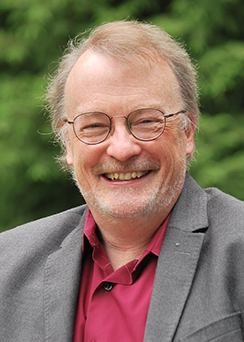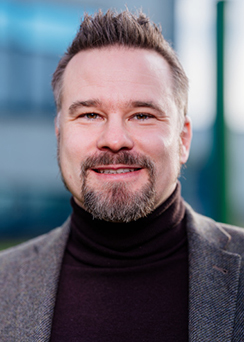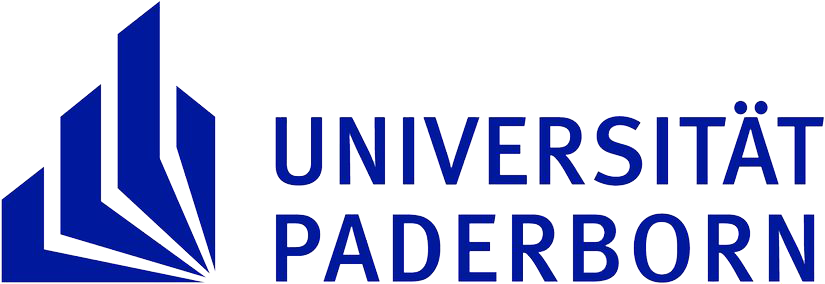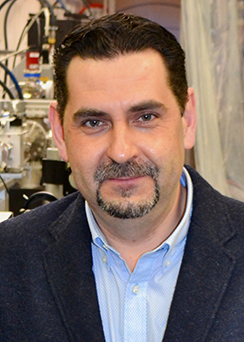
3rd Seminar «Frontiers in Nanoscale Molecular Photocatalysis»
The conversion of sunlight into fuels or chemicals is a key technology for a sustainable future. Hydrogen production via photocatalytic proton reduction with sunlight is a prominent example of this strategy. Substitution of noble by base metals in systems for photocatalytic proton reduction is a way to increase the sustainable character of water splitting and to realize a nearly infinite number of devices for this purpose, following natures approach in leaves. Such an ambitious aim requires the knowledge driven design of photoactive complexes, which in turn relies on the application of cutting-edge spectroscopic methods. With this seminar, the interconnection between established and cutting-edge hard X-ray methods and synchrotrons and X-ray free electron lasers and recent attempts to realize base metal complexes and assemblies for photocatalytic proton reduction will be presented. As such it connects molecular photocatalysis and transition metal inorganic chemistry with highly potential physical and spectroscopic methods at large scale facilities, giving an outlook for future sustainable chemistry challenges.
Speakers

Prof. James K. McCusker
Presentation
Department of Chemistry, Michigan State University, USA
https://www2.chemistry.msu.edu/faculty/mccusker/jim.html
Michigan State University Foundation Professor in Chemistry and a Fellow of the Royal Society of Chemistry, McCusker’s research focuses on the synthesis and spectroscopic characterization of inorganic compounds with a particular focus on the ultrafast dynamics of compounds based on first-row transition metal ions. An Associate Editor for Chemical Science, he has received recognition through an Alfred P. Sloan Fellowship, named a Hellman Faculty Fellow of the University of California at Berkeley and, most recently, is the recipient of the 2020 Chemical Dynamics Award from the Royal Society of Chemistry.


Prof. Matthias Bauer
Guest Speaker
Chair for Inorganic Chemistry and founding director of the Center for Sustainable Systems Design (CSSD) at Paderborn University, Vice dean for research and promotion of young scientists, Review Board member of the German research foundation. Matthias Bauer’s research connects transition metal chemistry for photophysics and photochemistry with advanced X-ray methods at synchrotrons and free electron lasers. Main goal of his research is the knowledge-based substitution of noble metals by base metals in sustainable processes. He is member of the Editorial Board of Inorganics.


Prof. Wojciech Gawelda
Q&A Moderator
Department of Chemistry, Autónoma University Madrid and IMDEA-Nanoscience, Spain
Distinguished “Beatriz Galindo” Professor at the Department of Chemistry at Autonóma University in Madrid and Associate Research Professor at IMDEA-Nanociencia. Wojciech Gawelda’s research focuses on the applications of advanced ultrafast X-ray techniques in combination with ultrafast optical spectroscopies to study photoinduced structural dynamics in molecular systems, mainly solvated transition metal complexes. He has pioneered several important implementations of time-resolved X-ray methodologies at synchrotrons and X-ray free electron lasers worldwide.


